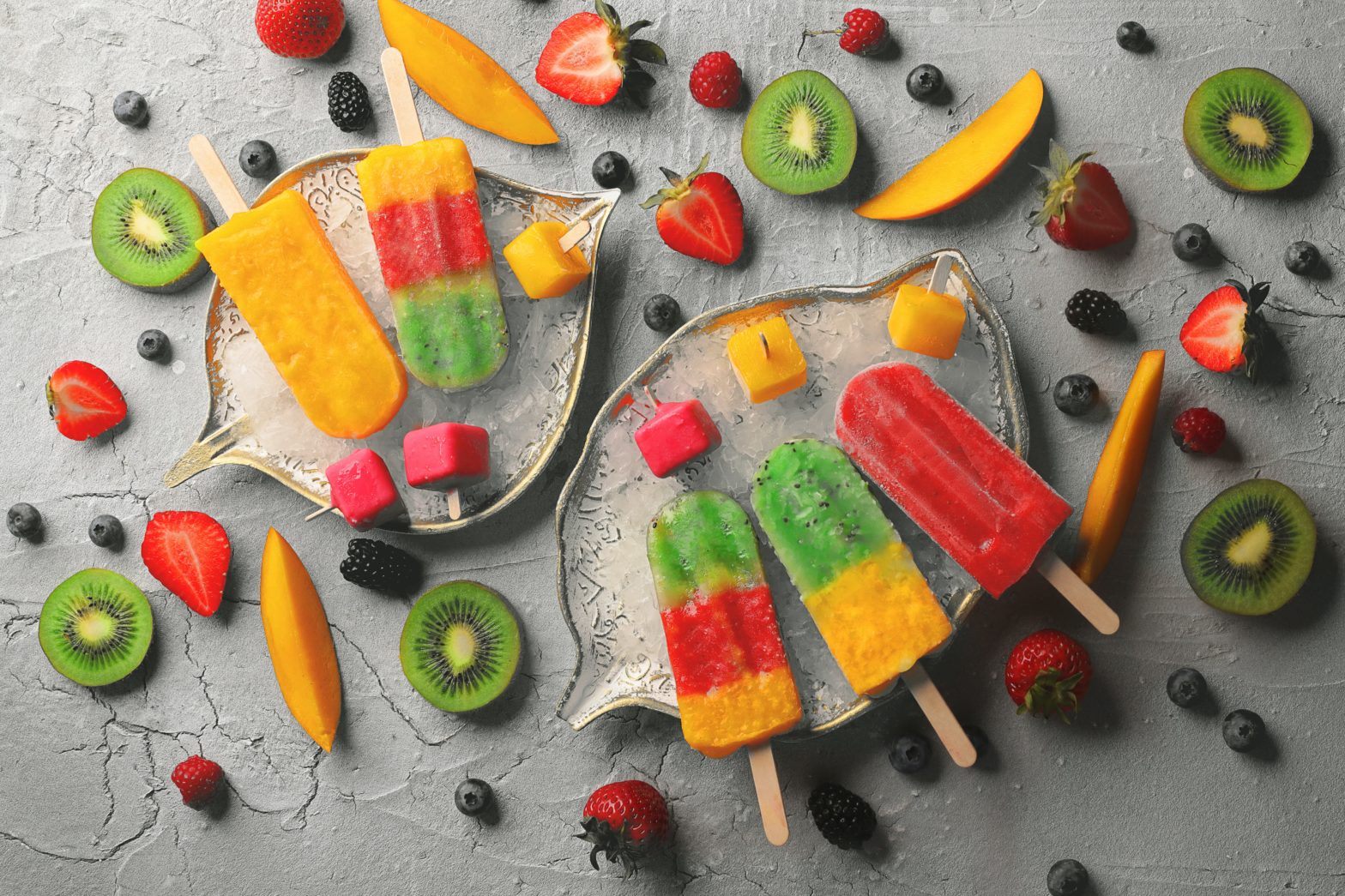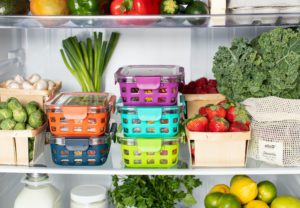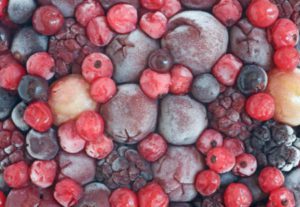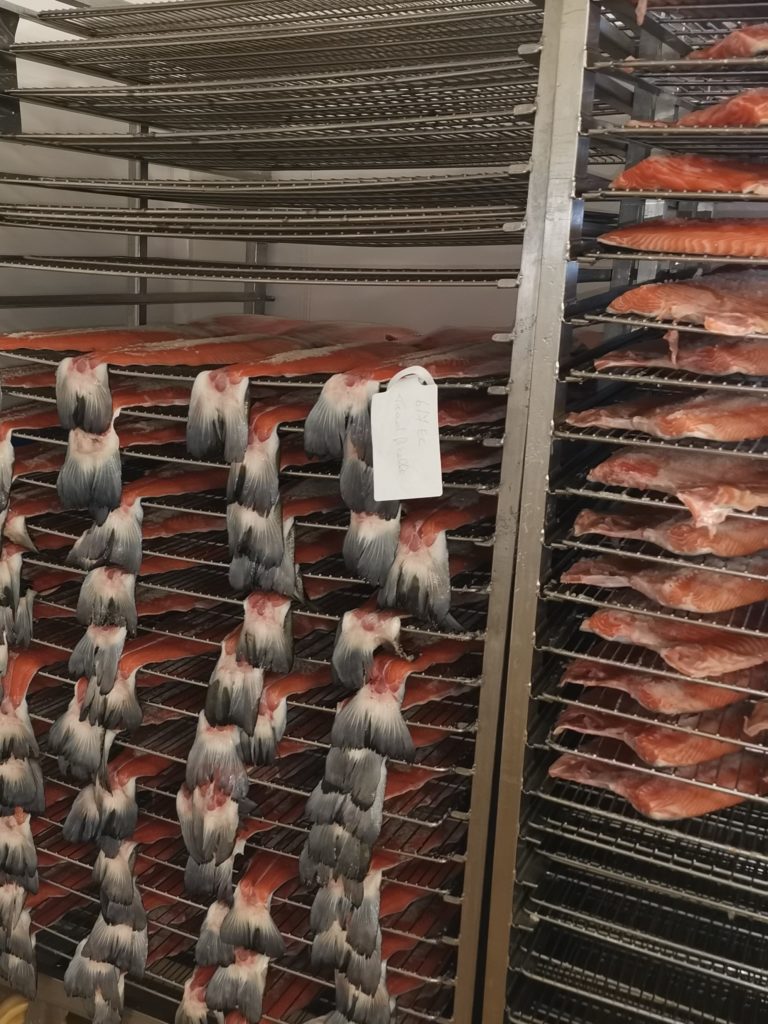10 tips to reduce summer food waste

Summer vacations are coming ! Did you know that food waste peaks during the summer ? Here are 10 tips to reduce food waste over summer holidays.
Food waste issue
Every year, 1/3 of the food produced in the world is wasted, which would be enough to feed 870 million people. From an environmental point of view, the annual carbon footprint of food waste represents 8% of greenhouse gas emissions !
And in France ? A French family throws away an average of 120 kg of food (including 30 kg still wrapped !) which represents an expense of 950 euros per year.
The summer vacation period can lead to food waste for many reasons : the need to empty the fridge before departure, the heat which spoils fruits and vegetables more quickly, the management of quantities for atypical meals shared with friends or family,..
Want to save money and have a positive impact on global warming ? Here are helpful tips to get through the summer with as little food waste as possible.
10 tips to reduce food waste over summer holidays
Before leaving on vacations
1. Doing small shops the weeks before you go on holiday will ensure you don’t have a full fridge while you’re away. Make a list of all the products you need, after you’ve planned all the menus for the week – or as many as possible anyway.
2. Going over fridge and pantry : the week before leaving on holidays, go over your fridge and pantry and check expiration dates. Plan your meals with foods that are about to expire and put them together. Place them near the front of your fridge or in plain sight so you don’t forget them.

3.Understanding date labels: It is estimated that up to 10% of food waste is linked to date labelling on food products. There are two expiry dates that do not mean the same thing.
*Use by : mind the date ! This date concerns highly perishable foodstuffs (meat, fish, dairy products, eggs) with a high potential for food poisoning if they are consumed after the date indicated. The label states “Use by” followed by the day and month. Food cannot be eaten after even if it smells or looks fine.
*Best before : judge by yourself ! The label indicates “Best before” and concerns foodstuffs that are not very or moderately perishable (grocery products, dry, sterilized, freeze-dried and dehydrated). Beyond the date mentioned, the products remain consumable but their taste or their nutritional qualities can be altered.
4.Getting creative with leftovers ! One of the most effective ways to avoid food waste is to use up leftovers. If you don’t have any inspirations, there are apps that can help you make the most of your leftover food (KitchenPal, MagicFridge,…).
5.Freezing extra food: If you can, freeze any excess food so that it won’t go off. A variety of foods can be stored in safety in your freezer such as side dishes or meat. Frozen foods do not lose any of their nutrients.

6. Sharing : Give fresh or near-expiry food to friends or neighbors before you leave.
Over holidays
7.When travelling : Planning a picnic for the vacation drive? Incorporate kitchen and refrigerator leftovers into your picnic meals.
8.Reducing portions : When it’s warm outside we tend to eat less so try to reduce portion sizes. If you cook the right proportions, you’ll be less likely to throw away part of your meal.

9.Storing and heat : Storing food during the summer can be tricky as temperatures rise. It is advisable to place summer fruits and vegetables in a cool place (fridge, cellar) or in a fruit basket a mesh cover to avoid midges.
Good to know : Bananas, apples and pears produce ethylene gas which causes other fruits to ripen. Store them separately so as not to accelerate the rotting of other fruits and vegetables placed nearby.
Don’t know how to store food? The A-Z Food guide can be very helpful!
10.Feeling free ! Want to enjoy your vacation without over-cooking? Buy simple and easy to prepare products.


